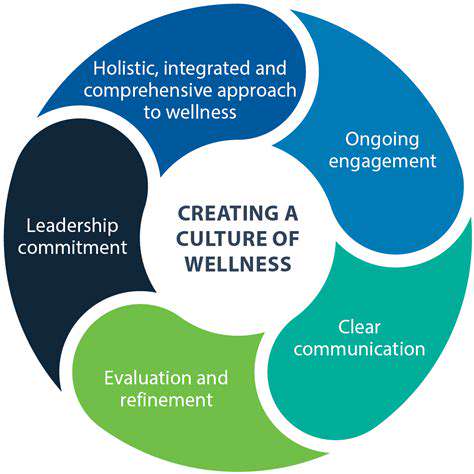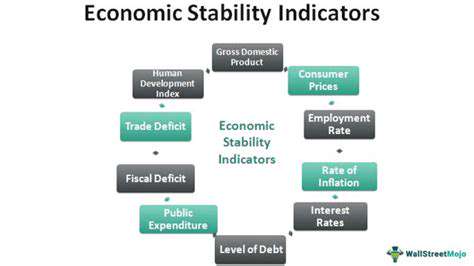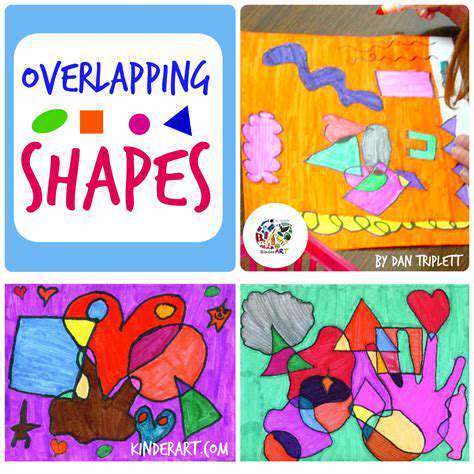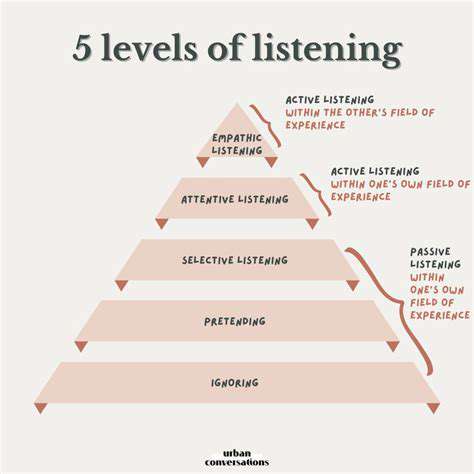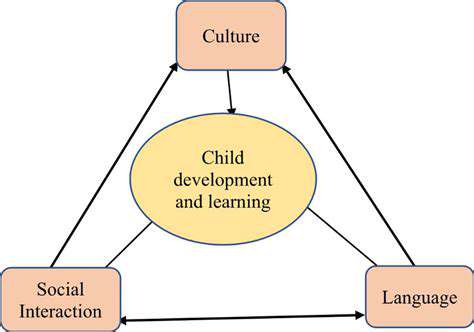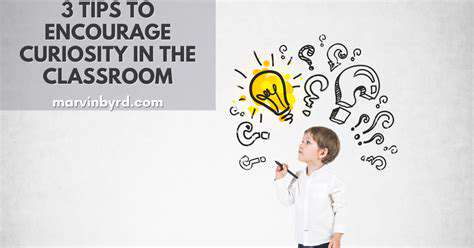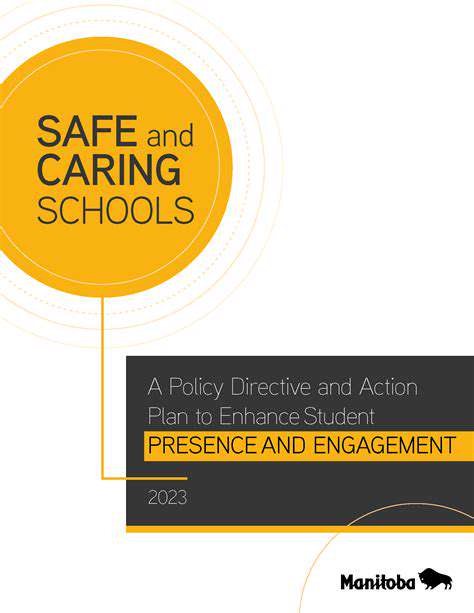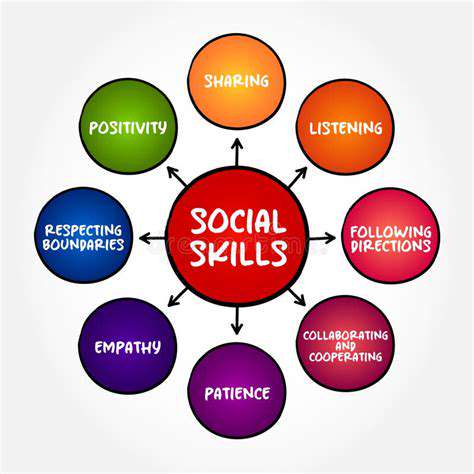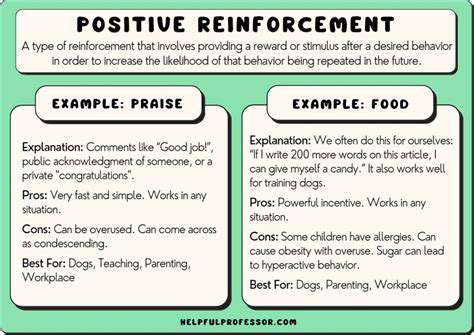Fun Ways to Teach Numbers to Preschoolers
List of Contents
Interactive number play boosts early math skills through engaging methods.
Tech tools adapt to individual learning paces for better concept mastery.
Daily routines become stealthy learning opportunities with creative integration.
Story-based counting bridges imagination with practical number applications.
Musical rhythms create natural pathways for numerical pattern recognition.
App-based learning transforms screens into interactive math playgrounds.
Interactive Number Games
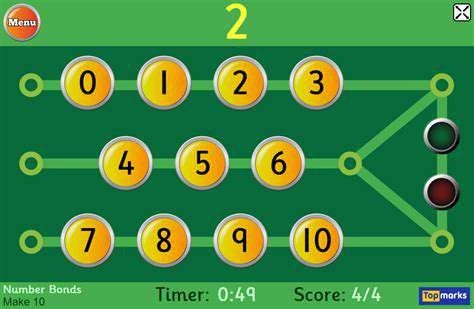
Why Playful Numbers Matter
- Play-based learning wires young brains for mathematical thinking
- Game dynamics turn abstract concepts into tangible experiences
- Early exposure builds number familiarity before formal schooling
- Positive associations prevent future math anxiety
Think of number games as brain nutrition for growing minds. When kids sort colorful blocks or chase numbered butterflies in digital worlds, they're building neural pathways that form the foundation for complex math. That counting game with cartoon frogs? It's secretly teaching ordinal numbers and sequence logic.
Game Formats That Click
Mix physical and digital play for maximum impact:
| Physical Games | Digital Games |
|---|---|
| Numbered hopscotch | Counting puzzle apps |
| Dice-based board games | Interactive number stories |
Tech's Hidden Advantage
Smart apps act like personal tutors - they notice when a child hesitates on number 7 and automatically offer extra practice. This invisible scaffolding helps kids progress without feeling stuck. Our family favorite? Apps that let kids pay virtual coins to feed animated pets, blending math with caregiving skills.
Storytime with a Numerical Twist
Narrative Number Immersion
Last week, my niece asked why Goldilocks didn't count the bears' chairs before sitting. That's the magic of story-based learning - it makes numbers matter in context. Try these tweaks to classic tales:
- Three Billy Goats Gruff → Measure bridge lengths
- Little Red Riding Hood → Count forest flowers
Rhythm & Remembering
Ever noticed how song lyrics stick in your head? Melodies create mental hooks for numbers. Create custom counting jingles using familiar tunes - we've had success with Baby Shark remixes teaching subtraction (Four little fish...swim away one!).
Hands-On Activities with Everyday Objects
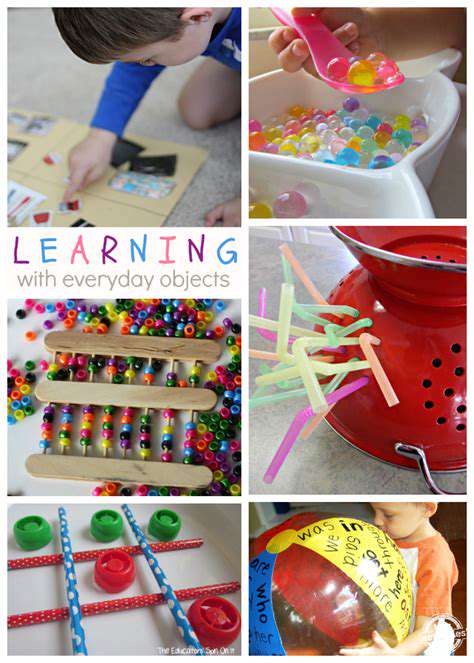
Laundry Math Magic
Turn sock matching into counting practice:
- Sort by color
- Count pairs
- Create stores with numbered price tags
Bonus: Kids learn practical life skills while mastering numbers.
Music and Rhymes to Reinforce Numbers
Beat-Based Learning
Clapping games with number rhythms help children feel mathematics in their bodies. Try this pattern:
1 clap - pause - 2 claps - pauseGradually build to 5 clap sequences
Incorporating Technology with Educational Apps
Smart Screen Time
Choose apps that require physical interaction - our top pick lets kids trace numbers in sand using touchscreens. The tactile feedback combined with digital rewards creates powerful learning moments.
